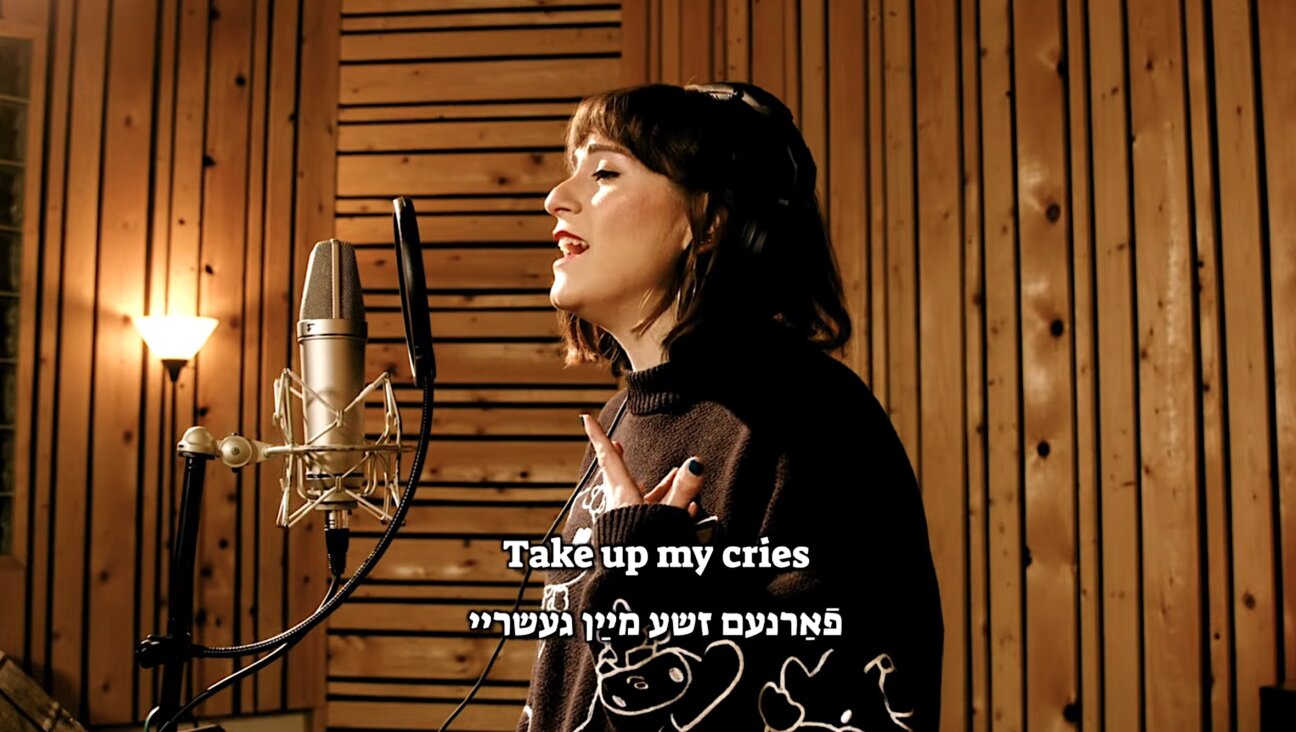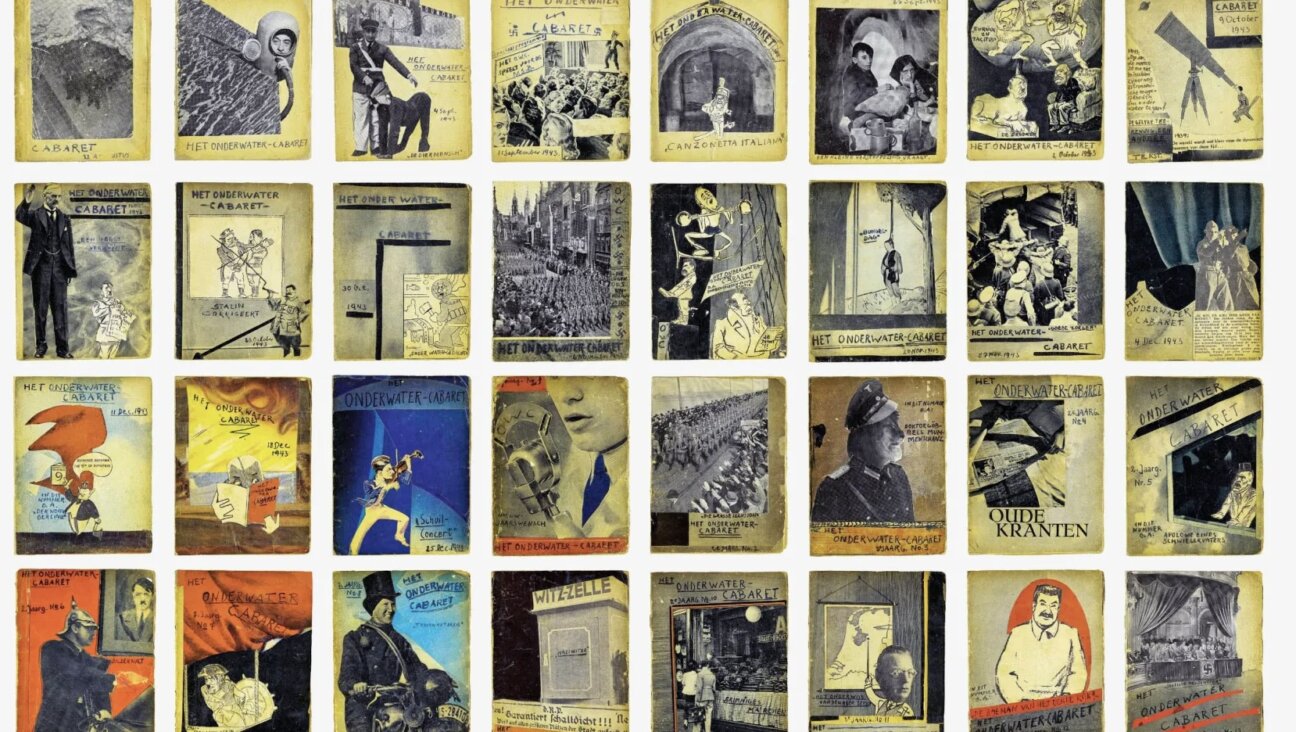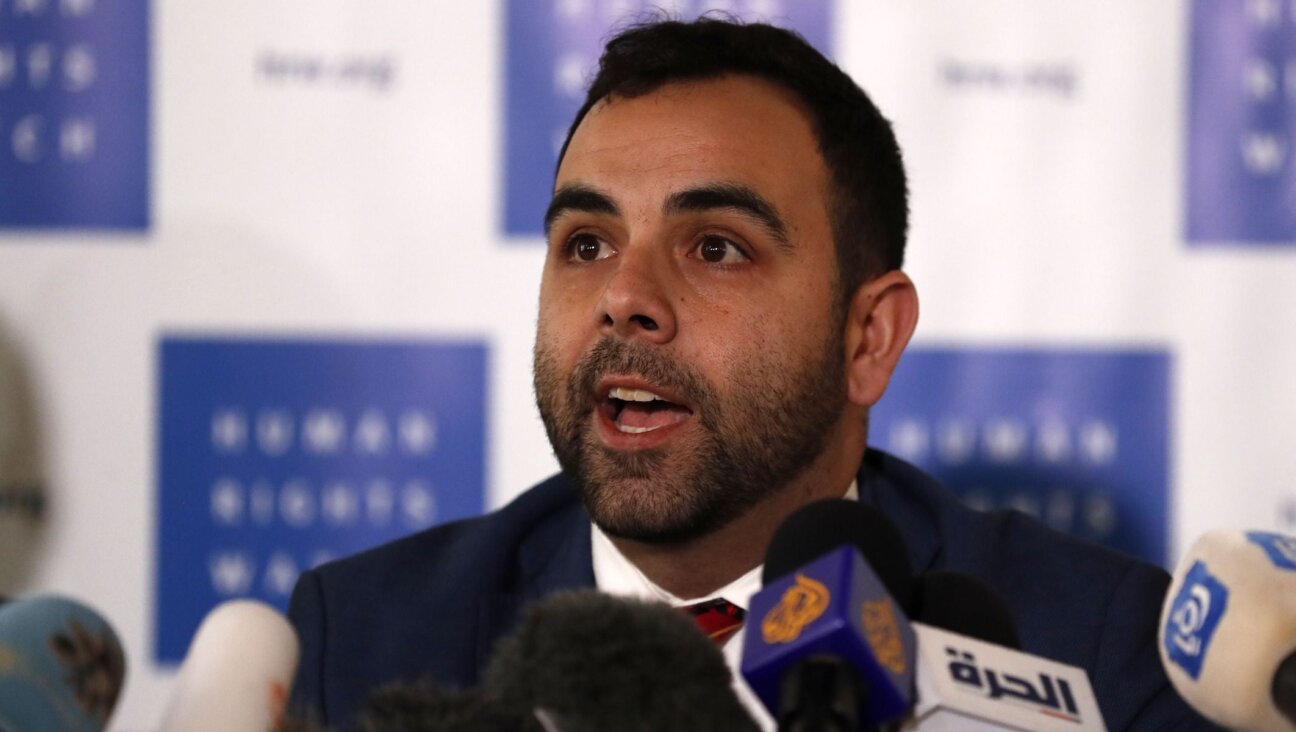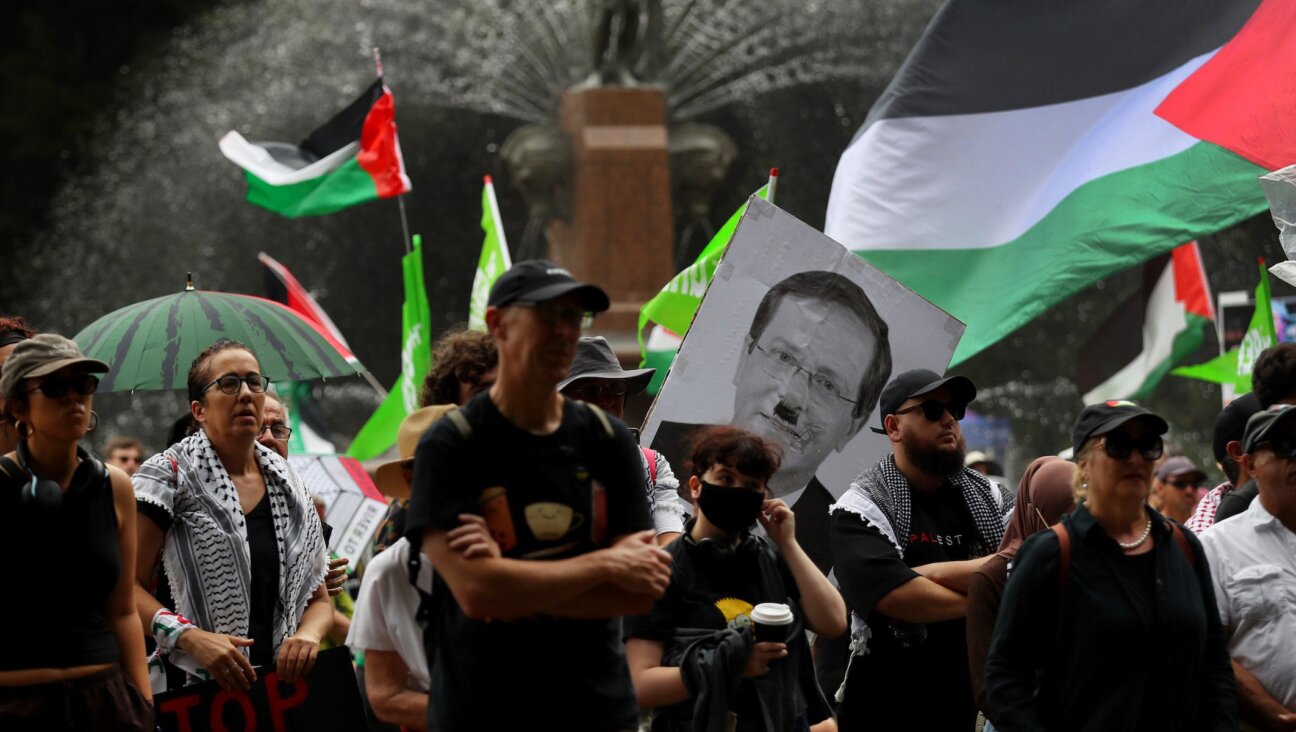At Summer Camp, a Time To Learn, Dance and Sing
Many adults wax nostalgic about their childhood summers spent at camp, roasting marshmallows, playing games and learning to swim. But for the young adults attending the Brandeis Collegiate Institute this summer, going to camp is a strictly grown-up affair.
Since 1941, the institute has been helping men and women immerse themselves in Jewish thought and culture. Set on 3,000 acres in Simi Valley, near Los Angeles, the program hosts two month-long sessions each summer. People from around the world come to participate in intensive workshops for eight hours each day focusing on religious and cul-tural Jewish studies. Participants have been taught by Jewish luminaries such as Deborah Lipstadt, Joseph Telushkin and Dennis Prager. On occasion, they also find themselves working with teachers of a more glamorous variety — this year actor Joshua Malina from NBC’s “The West Wing” will be leading a theater workshop.
“The idea is that participants will see there is a very rich text of Judaism and that you can write your own page in it,” said the institute’s director, Rabbi Scott Aaron, author of “Jewish U: A Contemporary Guide for the Jewish College Student” (UAHC Press). “We submerge them in a world of Judaism in all of its variations 24 hours a day, seven days a week for a month. They are introduced to leading Jewish voices, observant and secular, professional and artistic, and can see how rich and varied the Jewish world is. We engage them Jewishly through all of the five senses.”
From baking challah Friday afternoons to learning Israeli folk dance, attendees are constantly stimulated, even outside their academic offerings. In addition to the intensive study sessions, the institute also takes advantage of its spectacular natural setting by having mandatory camping programs and daily “avoda” — outdoor work — to ensure that the participants connect with the natural world. Apparently the formula appeals to a growing audience. In 1941 there were 15 campers; this year 128 participants, all between the ages of 18 and 26, will attend, living in small cabins with roommates.
“As members of the Jewish world, most of us live in a secular community where our Judaism is compartmentalized,” Aaron said.
“Most of us check into Judaism for a few hours at a time for a specific need and then check out again. The idea here is that being in a 24-hour environment the participants get to see how much Judaism offers and can be expressed through every aspect of their lives.”
Andrea Cohen, 22, a recent college graduate who enrolled last summer can attest to that. “It was a once in a lifetime opportunity to discover who you really are both Jewishly and individually,” Cohen said. “Doors opened for me. We were all from different parts of the world with different backgrounds, but you leave with an intense sense of community and bonding, and really share what it means to be Jewish.”
By the end of last summer, Cohen said, her three roommates were all thinking about rabbinical school. “That I would ever be friends with someone who wanted to become a rabbi — much less friends with three people who wanted to be rabbis — was something I did not think was possible before,” Cohen told the Forward.
The program operates under the umbrella of the Brandeis-Bardin Institute, which is directed by Rabbi Lee Bycel, and also operates a summer camp for children, cultural programming for adults and weekend retreats on Jewish themes throughout the year. Shlomo Bardin, the program’s founder, was a Ukrainian Jew who immigrated to Palestine. Bardin came to the United States in the late 1930s to do doctoral work in education at Columbia University and found himself stranded here when World War II broke out. In an effort to combat the assimilation among young Jews he found in America, Bardin decided to develop a kibbutz-like camp program for young adults. After beginning the camp in 1941 on the East Coast, Bardin moved it to land he purchased outside of Los Angeles in 1947; he was able to purchase the initial 1,700 acres with a gift from Supreme Court Justice Louis Brandeis and named the fledgling program after him. Another 1,300 acres were later donated when a neighboring rancher died and willed his land to the institute.
Bardin died in 1976.
Aaron said the camp is intended to help participants “develop from Jewish adolescents into Jewish adults.”
“By the time the average college freshman hits campus they are 18 in terms of life experience, but 13 in terms of Jewish experience,” Aaron said. “Compound that with whether or not their childhood Jewish experience was a positive one, and you can understand why prioritizing Judaism drops way down the list for them in college. If they encounter nothing Jewish that stimulates, intrigues and validates them as adults, that compartmentalization of Judaism as a childhood experience can maintain itself.”
“Most of all, the program provides everyone time to think and rethink their own Jewish ideas and ideals,” Aaron said. “And in today’s world, time to concentrate on your own Judaism is a rare and life-changing gift.”















